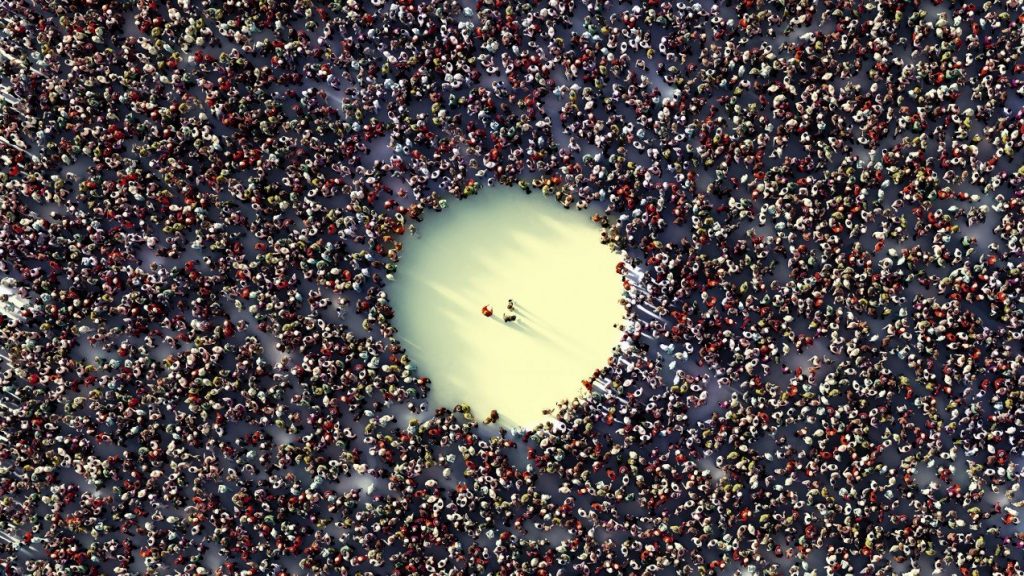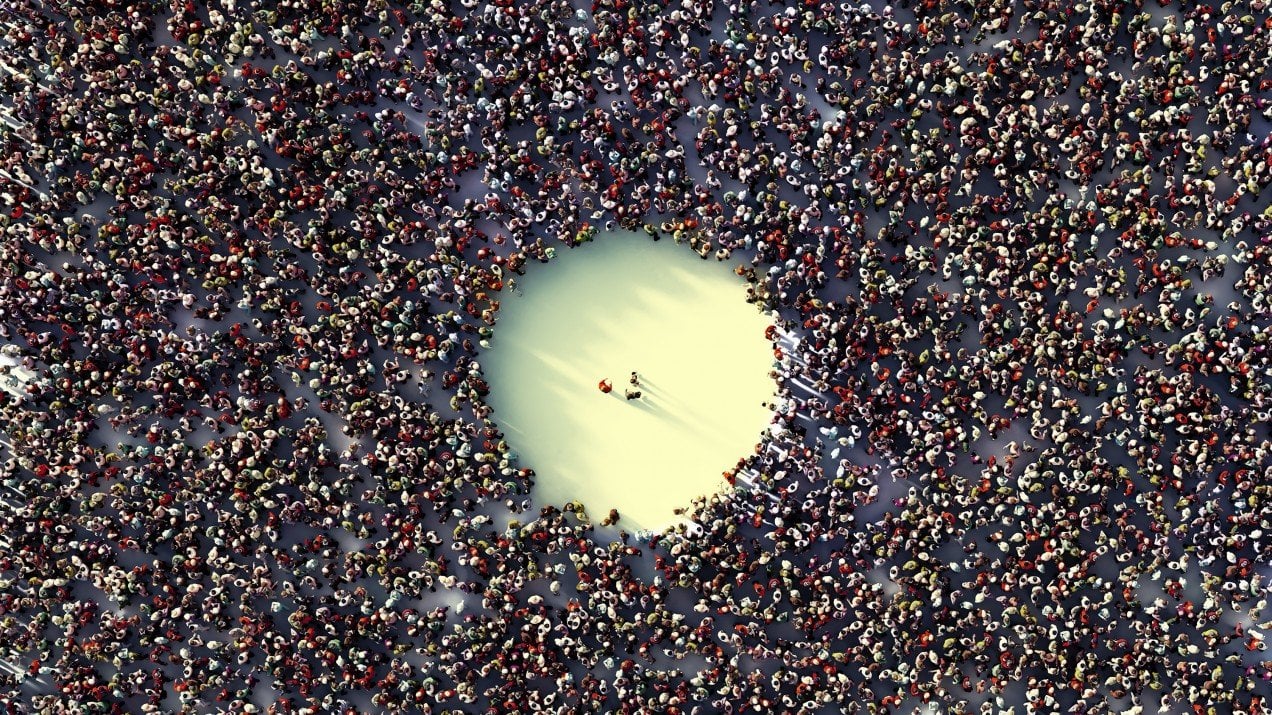Herd immunity is a form of indirect protection from infectious disease that occurs when a large percentage of a population has become immune to an infection, whether through infection or vaccination, thereby providing a measure of protection for individuals who are not immune. As Europe was declared the epicentre of the novel coronavirus outbreak last week, Britain announced a different strategy to tackle the situation. Officials said that Britain would contain the spread of the virus but would not suppress it completely to build up a degree of ‘herd immunity’.

Herd Immunity
- Herd immunity is when a large number of people are vaccinated against a disease, lowering the chances of others being infected by it.
- When a sufficient percentage of a population is vaccinated, it slows the spread of disease.
- It is also referred to as community immunity or herd protection.
- The decline of disease incidence is greater than the proportion of individuals immunized because vaccination reduces the spread of an infectious agent by reducing the amount and/or duration of pathogen shedding by vaccines, retarding transmission.
- The approach requires those exposed to the virus to build natural immunity and stop the human-to-human transmission. This will subsequently halt its spread.
Will it work?
- Globally, this strategy has been criticized.
- COVID-19 is a new virus to which no one has immunity. More people are susceptible to infection.
- The goal seems to have been delaying urgent action to allow an epidemic to infect large numbers of people.
- To combat COVID-19, there is an urgent need to implement social distancing and closure policies.







